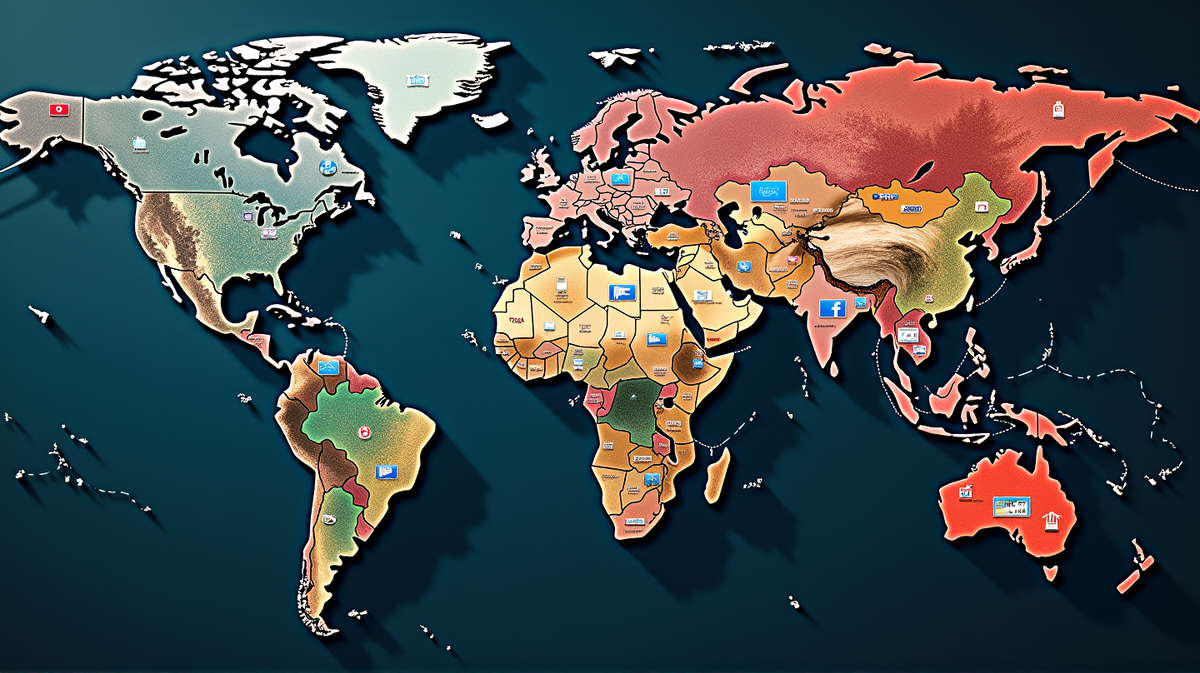Navigating the New Era of Fragmented Globalization
Explore the evolving landscape of the global economy as it shifts towards fragmented globalization. Discover the key influences shaping this phenomenon.

As the world economy continues to evolve, a noticeable trend toward what can be described as “fragmented globalization” is emerging. This phenomenon, marked by a shift from a seamlessly interconnected global market to one riddled with regional disparities, is reshaping how we perceive international commerce.
A World Once Unified
In the early 2000s, HSBC’s slogan, “the world’s local bank,” epitomized an era where globalization was the norm. From airports to financial centers, this catchphrase symbolized a time when international connectivity was assumed to permeate every stratum of business and lifestyle.
Emerging Fragmentations
However, as we delve deeper into the economic waters of the 21st century, it’s clear that the tides are turning. Various geopolitical tensions, trade wars, and economic policies are creating waves that disrupt the once unified global landscape.
Drivers of Fragmentation
Key players driving this shift include diverse geopolitical interests that prioritize domestic over international goals. Economies are now finding strength in localizing certain aspects of their industries, which fuels fragmentation rather than unification.
Sectoral Interdependence Still Prevails
Interestingly, despite the fragmentation in some areas, sectors like technology and finance remain heavily intertwined on an international scale. According to Bloomberg.com, these sectors continue to rely on transnational collaborations and supply chains.
The Balance of Local and Global
The challenge now lies in balancing localized economic priorities with the persisting need for global cooperation. This dual focus could lead to a more nuanced understanding of globalization, one that respects both local distinctions and the need for cooperation.
In conclusion, as the global economy transitions into this new era of fragmented globalization, stakeholders will need to navigate these complexities carefully. This evolution presents unique challenges but also opportunities for those ready to adapt to this multifaceted economic reality.